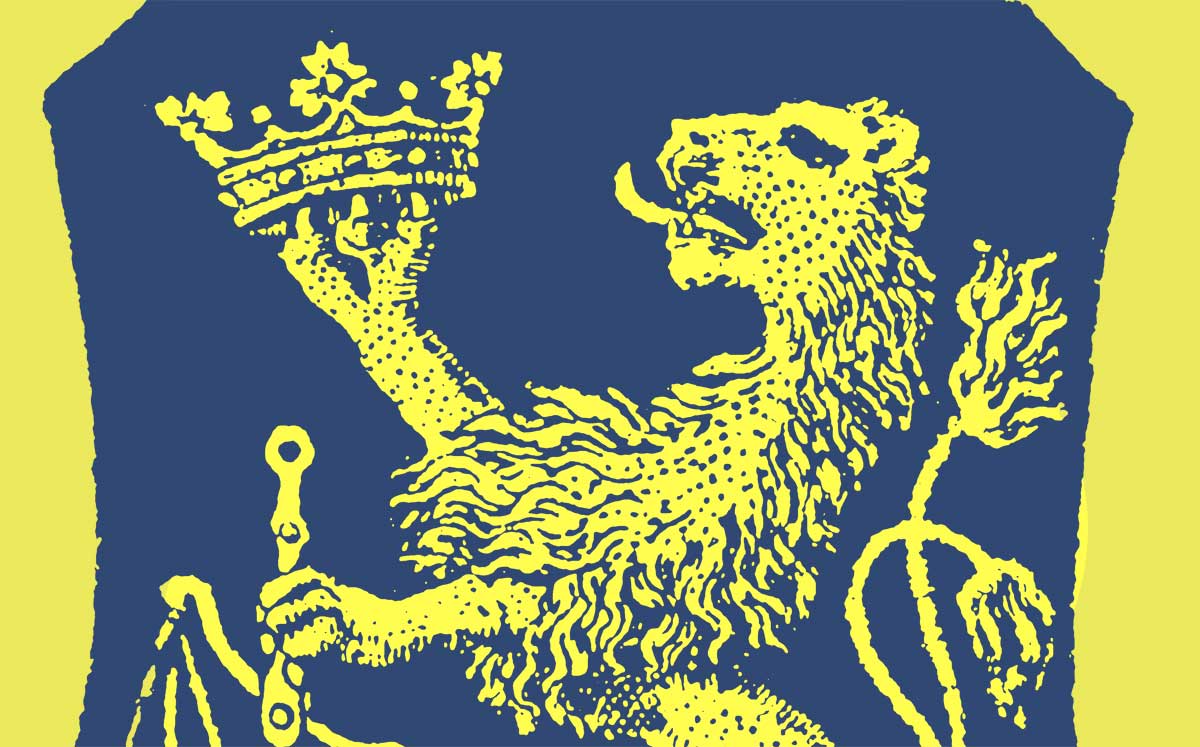Mars Hill Travelers
David Marshall on a Taoist, a Stoic & the Awareness of God
Richard Dawkins may have made life a little too easy for Christians. The God Delusion seems like one of those Potemkin villages, complete with abandoned Buicks, that the army used to set up to measure the velocity at which rubble is wafted horizontally after a nuclear explosion. The ideas in his atheistic assemblage, poorly constructed to begin with, and long since discarded by theologians, philosophers, and historians, serve temptingly as targets. Like all that induces sloth, the “New Atheism” may be bad for our souls.
Dawkins does sometimes raise interesting questions, though. One of the most interesting has to do with what G. K. Chesterton called “God and Comparative Religion.” Dawkins wrote:
Not surprisingly, since it is founded on local traditions of private revelation rather than evidence, the God Hypothesis comes in many versions. Historians of religion recognize a progression from primitive tribal animisms, through polytheisms such as those of the Greeks, Romans, and Norsemen, to monotheisms such as Judaism and its derivatives, Christianity and Islam.
The general theory of religious evolution articulated here goes back to Edward Tylor, the nineteenth-century Father of Cultural Anthropology, whose Vancouver Island totem poles adorn the Pitts River Museum a few minutes’ walk from Dawkins’s home in Oxford. But the view of “primitive” religion upon which it is built echoes David Hume’s Natural History of Religion: “Behold then the clear testimony of history. The farther we mount up into antiquity, the more do we find mankind plunged into polytheism.”
Hume seemed especially offended by the notion that, while the Greeks in all their wisdom remained largely polytheist, the unlettered “ignorant and barbarous” might have somehow found out about God.
Awareness of God
Scandalously, it turns out that many had. In the nineteenth and early twentieth centuries, tribal bands around the world informed surprised missionaries and anthropologists that, yes, they knew about (or had almost forgotten) a good, creator God, who should not be worshiped with idols. Sometimes, the natives waved off foreign names for God and told the missionaries, “You must mean uNkulunkulu!”
Andrew Lang, a student of Tylor’s, whose books on fairytales can often still be found on the children’s shelves of public libraries here in Seattle, put the pieces together in a book called The Making of Religion. Chesterton almost certainly read that book.
In The Everlasting Man, Chesterton argues that religion should not be defined “vertically” or “geographically” into the great traditions that have evolved in different parts of the world, but “horizontally” or “psychologically” into four elements: God, the gods, philosophy, and “the demons.” These elements, he claimed, could be found almost everywhere.
The idea that awareness of God would be found in different cultures was not new, of course. Following St. Paul, Augustine predicted in City of God that a high theism might be found among “sages or philosophers” whether you go east, south, north, or west.
David Marshall is the author of several books, including most recently, How Jesus Passes the Outsider Test: The Inside Story (Kuai Mu Press, 2015). He blogs at christthetao.blogspot.com.
subscription options
Order
Print/Online Subscription

Get six issues (one year) of Touchstone PLUS full online access including pdf downloads for only $39.95. That's only $3.34 per month!
Order
Online Only
Subscription

Get a one-year full-access subscription to the Touchstone online archives for only $19.95. That's only $1.66 per month!
bulk subscriptions
Order Touchstone subscriptions in bulk and save $10 per sub! Each subscription includes 6 issues of Touchstone plus full online access to touchstonemag.com—including archives, videos, and pdf downloads of recent issues for only $29.95 each! Great for churches or study groups.
Transactions will be processed on a secure server.
more from the online archives

37.5—Sept/Oct 2024
Why Law Schools Can't Teach Law
A sidebar to How Law Lost Its Way by Adam MacLeod
calling all readers
Please Donate
"There are magazines worth reading but few worth saving . . . Touchstone is just such a magazine."
—Alice von Hildebrand
"Here we do not concede one square millimeter of territory to falsehood, folly, contemporary sentimentality, or fashion. We speak the truth, and let God be our judge. . . . Touchstone is the one committedly Christian conservative journal."
—Anthony Esolen, Touchstone senior editor









